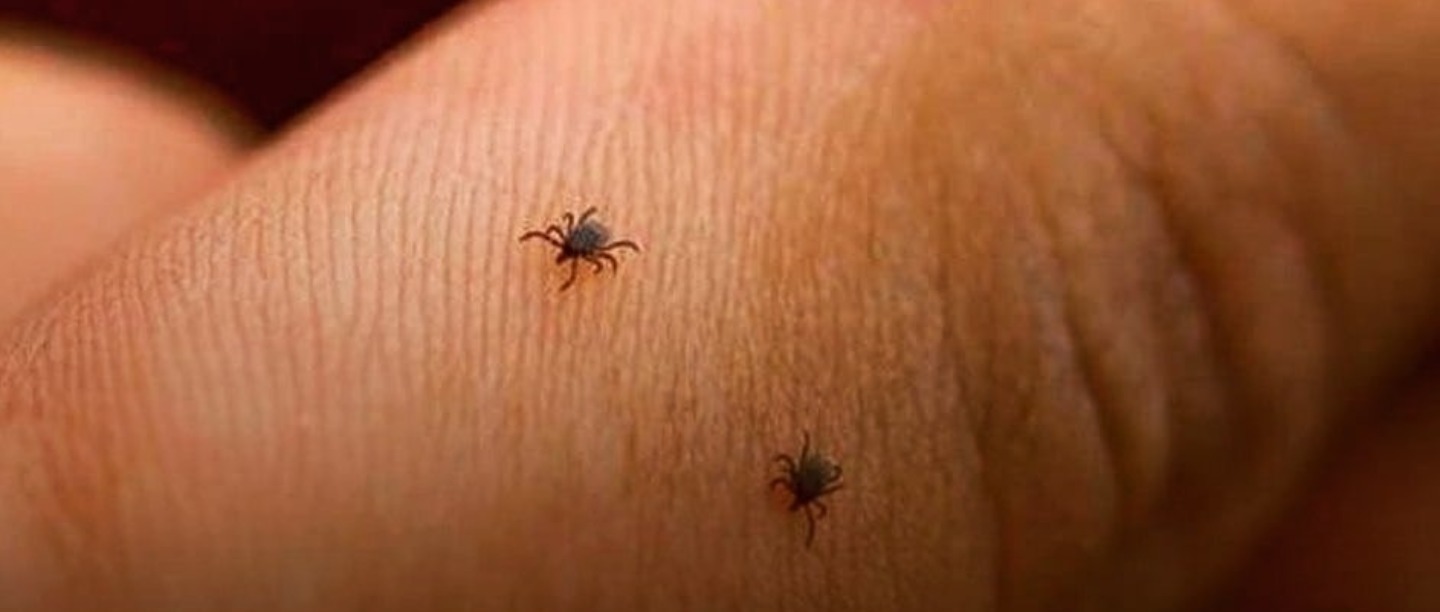
We all agree that so far 2020 has been a train wreck of a year. Every single day of every month we have been praying for things to get better, for this world to recover, for things to finally fall in place. But does any of that happen? We’d give that one a hard ‘No’ given the recent turn of events.
An unabating world pandemic, bubonic plague, and pandemic-potential flu virus scare later, there’s apparently a new tick-borne virus now in China! The virus has been identified as ‘Severe fever with thrombocytopenia syndrome’ or SFTS virus, and it has already infected 67 people and claimed seven lives.
What Is ‘Severe Fever With Thrombocytopenia Syndrome’?
First identified by a team of Chinese researchers over a decade ago, SFTS is transmitted to humans by tick bites. The first few cases of this virus were reported in Hubei and Henan provinces of China back in 2009. The virus reportedly killed 30 percent of the infected people back then. The pathogen of the STFS virus belongs to the Bunyavirus category. This is essentially a family of rodent-borne and arthropod-borne viruses. WHO has listed SFTS among the top 10 priority diseases owing to the high fatality and the rapid spread of the virus.
Major Symptoms Of SFTS
Some of the early symptoms of SFTS include high fever, low platelet count or thrombocytopenia and leukocytopenia, (a low white blood cell count). Additionally, patients diagnosed with SFTS display a whole range of symptoms including fatigue, fever, chill, headaches, nausea, diarrhea, abdominal pain, lymphadenopathy, anorexia, myalgia, vomiting, gingival hemorrhage, and conjunctival congestion.
The risk factors of SFTS that have been observed in more serious cases include multi-organ failure, hemorrhagic manifestation, and the appearance of the central nervous system (CNS) disorder symptoms.
After the onset of disease, the SFTS’s incubation period can lie anywhere between seven and 13 days after the infection.
SFTS Treatment
An antiviral drug called Ribavirin is known to be efficient when it comes to the treatment of SFTS. However, there doesn’t exist any vaccine for the disease as of now. In order to contain the virus, China’s Centers for Disease Control and Prevention (CDC) has urged people to avoid wearing clothes that expose your skin while walking through the grasses, or any environment where ticks are known to exist or thrive.
How Does SFTS Spread?
According to experts, the possibility of human-to-human transmission is very high in the case of SFTS virus. Those infected with this tick-borne virus can transmit it to others via mucous or blood. That said, tick bites are the major transmission routes here, and thus as long as caution is practiced you can stay safe from SFTS.
Well, it’s high time 2020 calms down because we really, really need to catch a break now!
Featured Image: Instagram